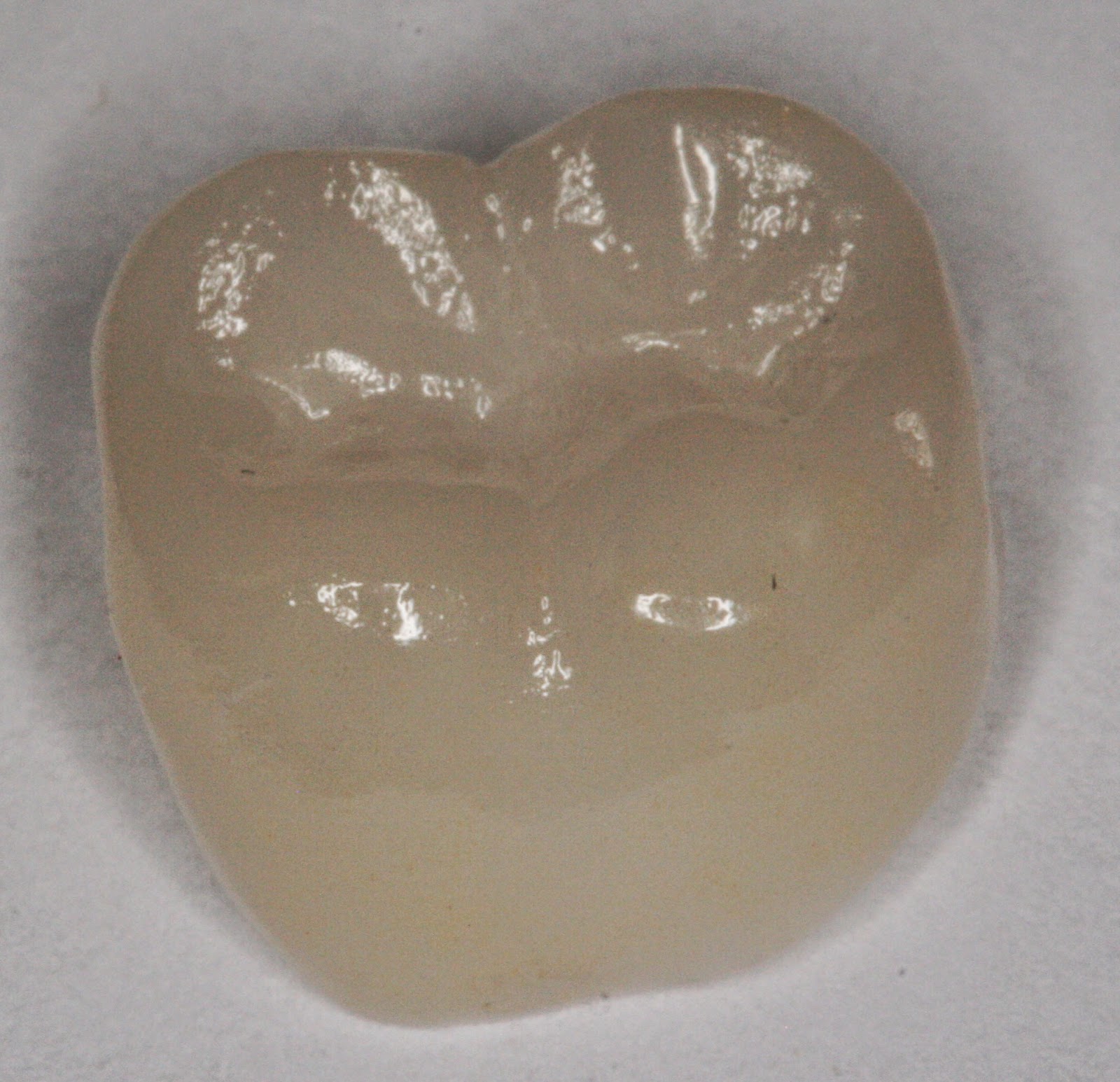- Lubrication- it makes you feel better, makes it possible to swallow food, and speak.
- Digestion- it actually has enzymes that start digestion.
- Cleaning- it helps to wash away food debris. It chemically buffers acid attacks from plaque or from acidic food or drink (Diet Coke!) Decay rates can skyrocket without enough saliva.
- It somehow helps keep the 1,000 different kinds of bacteria in your mouth in balance. Yeast infections and bad breath can result from imbalances.
Causes of dry mouth
- The most common cause in younger people is a medication side effect. This is possible with many medications.
- Sometimes the salivary glands just don't work like they used to.
- Detergents in toothpaste are drying.
- Diseases like Sjogren's.
- Radiation and other medical treatments can harm salivary glands.
- Lifestyle- smoking, mouth breathing due to tonsils, congestion etc.
Solutions (or at least aids)
- Water, sips all day long, a sip with every bite at meals, carry a bottle (or a flask!)
- Use a toothpaste without detergent. Detergents make the toothpaste foam. Americans like foaming cleaners, scrubbing bubbles! It's usually listed on the ingredients as a laureth sulfate. It's great for cleaning grease but not really helpful for toothpaste. Almost all of them have detergents. One that doesn't, and is widely available, is biotene.
- biotene has other products like sprays, mouthwash, rinses and gum. They all contain helpful lubricants and enzymes.
- Mints and gum will stimulate saliva production. For heaven's sake, sugarless!
- Oramoist is a long lasing patch that sticks to gums. It gradually releases lubricants and stimulates salivation.
- There are prescription medications, such as Salagen, that can stimulate salivary glands. Of course it won't work if the glands don't work at all.
- If the cause is a medication, sometimes a different one can be tried, or the dose adjusted.
- Use a vaporizer to humidify bedroom air.






